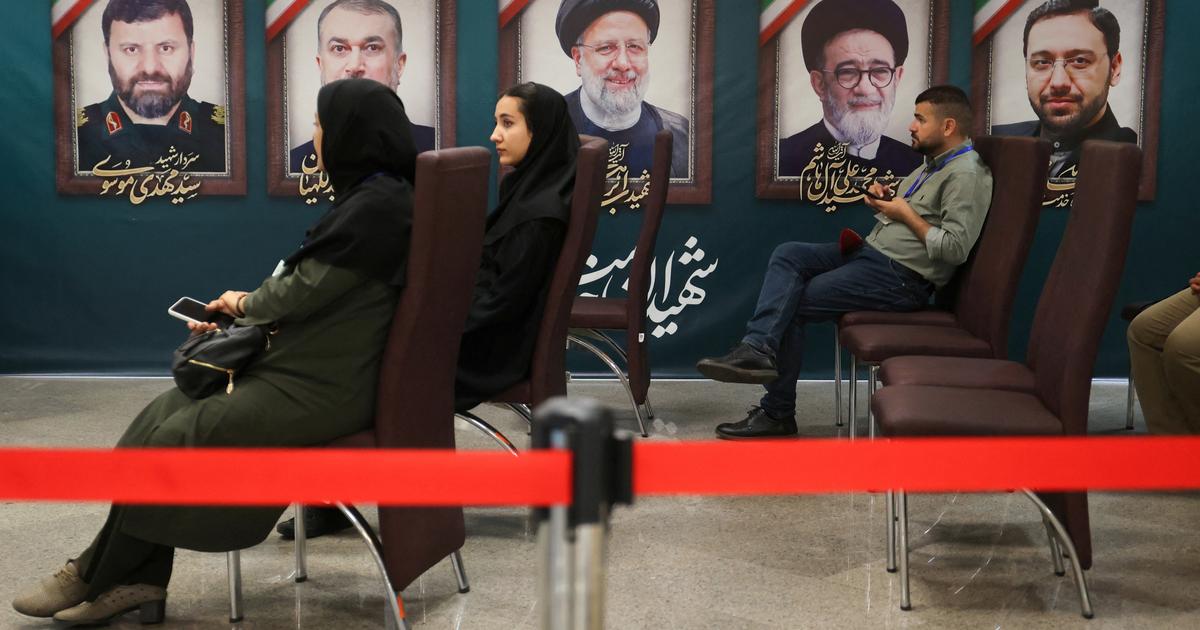Iran's Presidential Race: Conservative Candidates Dominate
The June 28 presidential election in Iran will feature six candidates, predominantly conservatives, following the tragic helicopter accident in May that claimed the life of Ebrahim Raïssi. The Interior Ministry announced the selected candidates, chosen by the Guardian Council of the Constitution, a conservative-dominated, unelected body. This council filtered through 80 candidates who had registered for the election.
Among the candidates are notable figures such as conservative speaker of Parliament Mohammad-Bagher Ghalibaf, Tehran mayor Alireza Zakani, and Saïd Jalili, a former ultra-conservative nuclear negotiator. Joining them are Amir Hossein Ghazizadeh Hashemi, the ultraconservative head of the Martyrs' Foundation, and Mostafa Pourmohammadi, a former interior minister. The lone reformer in this race is Massoud Pezeshkian, an MP from Tabriz and a former health minister.
Interestingly, former president Mahmoud Ahmadinejad and moderate Ali Larijani, a former speaker of parliament, were both disqualified. Both figures have faced similar exclusions in prior elections, with Ahmadinejad being barred from the presidential races in 2017 and 2021. The Guardian Council did not provide any explanation for its choices.
In 2021, Ebrahim Raïssi secured an easy victory in the first round, also attributed to the exclusion of many reformist and moderate candidates, resulting in a significantly reduced voter turnout of 49%. This percentage marked the lowest participation rate in a presidential election since the Islamic Revolution of 1979.
- The Guardian Council's decisions spark continuous debate and skepticism, especially with the frequent exclusion of reformist candidates, limiting the political spectrum available to voters. This deliberate filtering process by an unelected body has often been criticized for diminishing the democratic quality of the elections.
- The lone reformer, Massoud Pezeshkian, faces a formidable challenge against the conservative and ultra-conservative candidates. Nevertheless, his presence in the election offers a glimmer of hope for those seeking reform in Iran's political landscape.
- The pattern of low voter turnout is becoming alarmingly consistent in Iranian elections, indicating a potential voter disillusionment with the political process. Whether this trend continues in the upcoming election remains to be seen.






